Your cart is empty
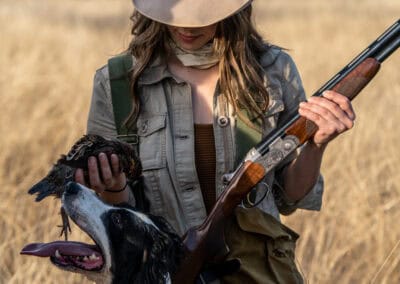
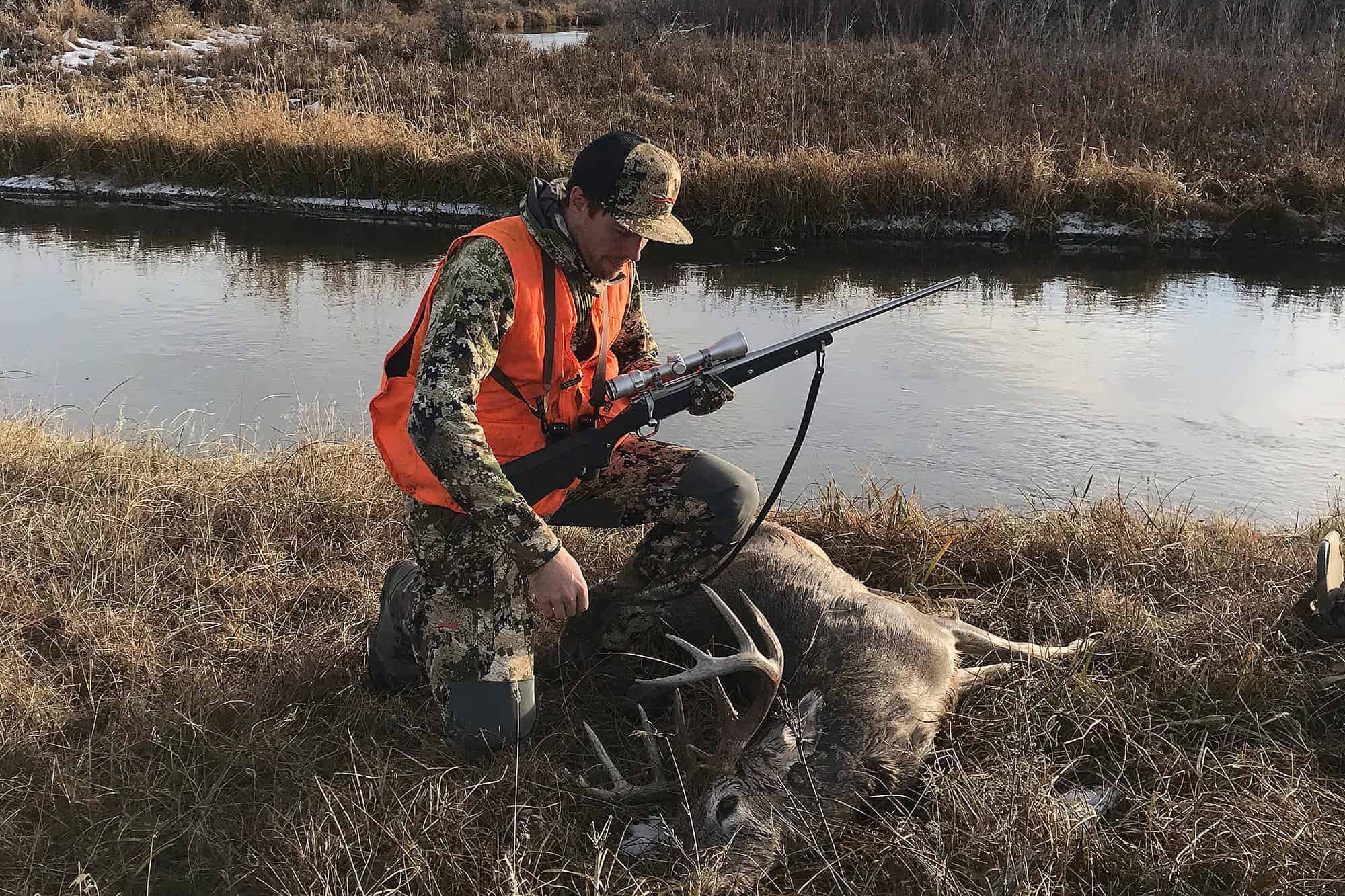
Charles Post: Max, could you start by sharing a little bit about your relationship with Montana and hunting? Set the stage for us.
Max Lowe: I was born in Bozeman, Montana to two native Montanans. My dad is second-generation. His parents moved here from the East Coast. I’m fifth-generation on my mom’s side of the family. Her great-grandmother and family immigrated here in the late 1800s as homesteaders. So, for both families, living off the land and being in a close relationship with it was always part of their lives and their upbringing. My dad — my biological father, Alex Lowe — grew up in Missoula, same for my mom. Alex grew up hunting with his two brothers and his dad, and that was how they would provide meat for their family. All three boys would go out with their dad and shoot a couple deer and elk each year to keep the freezer stocked. Hunting was just a part of how their family lived; that was kind of understood from when I was a little kid.
When Alex became a professional mountaineer, he stopped hunting and existing in that realm as deeply as he had when he was younger… mountaineering took the forefront of his focus. He did still own a rifle though, and we’d go out every year or two. But I never got a chance togo with him and actually hunt myself. I vaguely remember going and sighting in his rifle with him the year before he passed away in 1999.
Hunting was always just this natural part of my childhood, and understanding that hunting was a part of the world that we existed in, it wasn’t necessarily this huge choice to be made — to kill something — but more just a way to survive, a way to provide food for yourself and for your family. So, when Alex passed away, my active family ties to that legacy went with him. But in recent years, having friends who hunt and bring meat back to the table for themselves and their families, and seeing Alex’s brothers continuing to hunt, it slipped back into my field of vision as something that I was interested in. And I mean, it’s on you to take action and engage with the things that I think make up who you are as far as your family goes and how you tie into your heritage.
My mom taught me how to fly fish. Her dad taught her how. That’s a huge part of what I love about living here in Montana. So, hunting just seemed like a logical next step in interacting with the wild places that I had already found a really deep connection with, this place that we call home, this place that I continue to call home.
Charles: Would you say that hunting offers and affords a unique lens, or has it galvanized the ones you see the world through, and your place in it?
Max: I don’t think hunting added a unique lens per se, just because I have always understood it. I think there are many different facets of hunting, but for most folks who call Montana home, hunting is largely just still away by which you feed your family. You know where it comes from. If you know how to hunt and can go out and do that for yourself, it’s just a substantially cheaper and healthier way to eat.
So that wasn’t anything new to me. But, after stepping into it and edging in on this whole world of the internet’s understanding, and the wider understanding of hunting in the world at large, I quickly realized how polarizing the subject is.
Taking on the challenge of going out and hunting my first deer last fall definitely put me in the position to get a little bit deeper into that realm and see a little bit more of what the conversation is through the lens of people actively hunting and those outside, observing it.
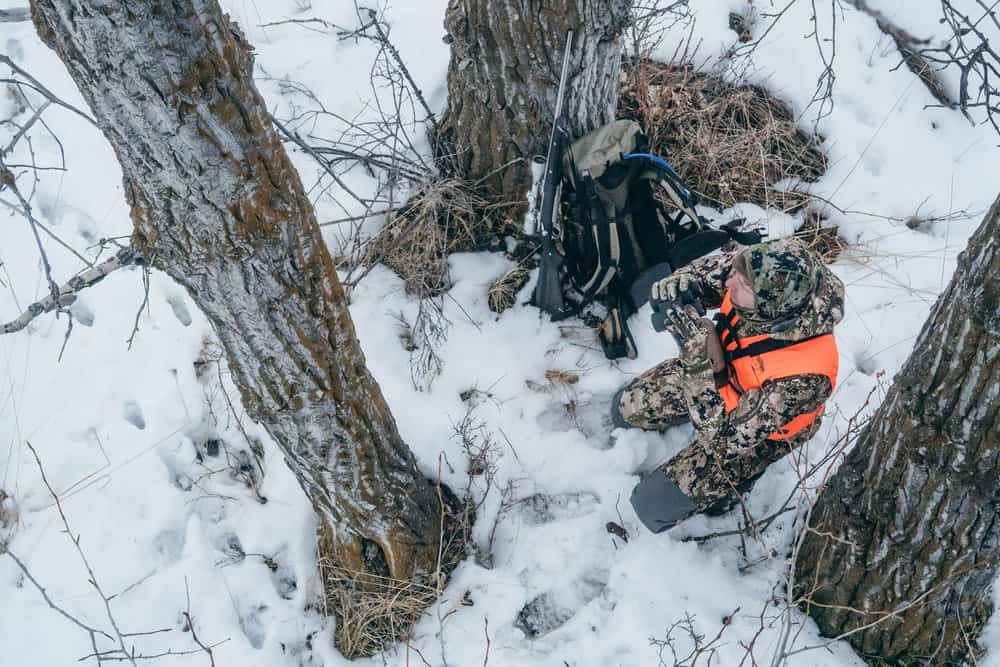
Charles: Having harvested an animal and participated, do you interpret hunting any differently? Having shared that experience with the world online, do you perceive the polarizing nature of hunting differently?
Max: The process of going and harvesting my deer was powerful. I had never shot anything with the intent to eat it. Sure, I had shot a couple gophers when I was a kid. But when you go out knowing that you’re going to harvest an animal to eat for yourself, to feed to your family, there’s something very primordial about it, something very natural about it.
It was scary in the sense that I didn’t really know what it would be like to take the life of an animal. But in the same way that I’ve fished for many years, and killed many fish to eat, I think it changes the way you approach that process, specifically if you’re harvesting something as opposed to killing it.
Charles: You put your story out there and you immediately received a lot of positive praise, but a lot of people also projected assumptions about who you are. How did that affect you?
Max: When I shared my story about the hunt and harvesting my deer, it was something that I was proud of and something that I didn’t think too much into before sharing it. I didn’t consider it to be something that could cause a lot of blowback, simply because hunting was something that felt part of me. I’ve always been pretty open to expressing my thoughts and feelings on my relationship with the outdoors, with all my stories that I tell.
I didn’t expect the hateful and painful comments in regard to my family and my personal interaction with hunting. Some of the comments were targeted to my relationship with my dad. Some even called him a murderer. I don’t know… I guess it’s to be expected. The internet is full of people who have the freedom to say whatever they want without any accountability or real thought on the impact of their actions. I think the biggest thing that I observed from that whole experience was the lack of perspective. It’s crazy that we live in that society now, whereas 150 years ago most people probably hunted, at least in some part, to support themselves.
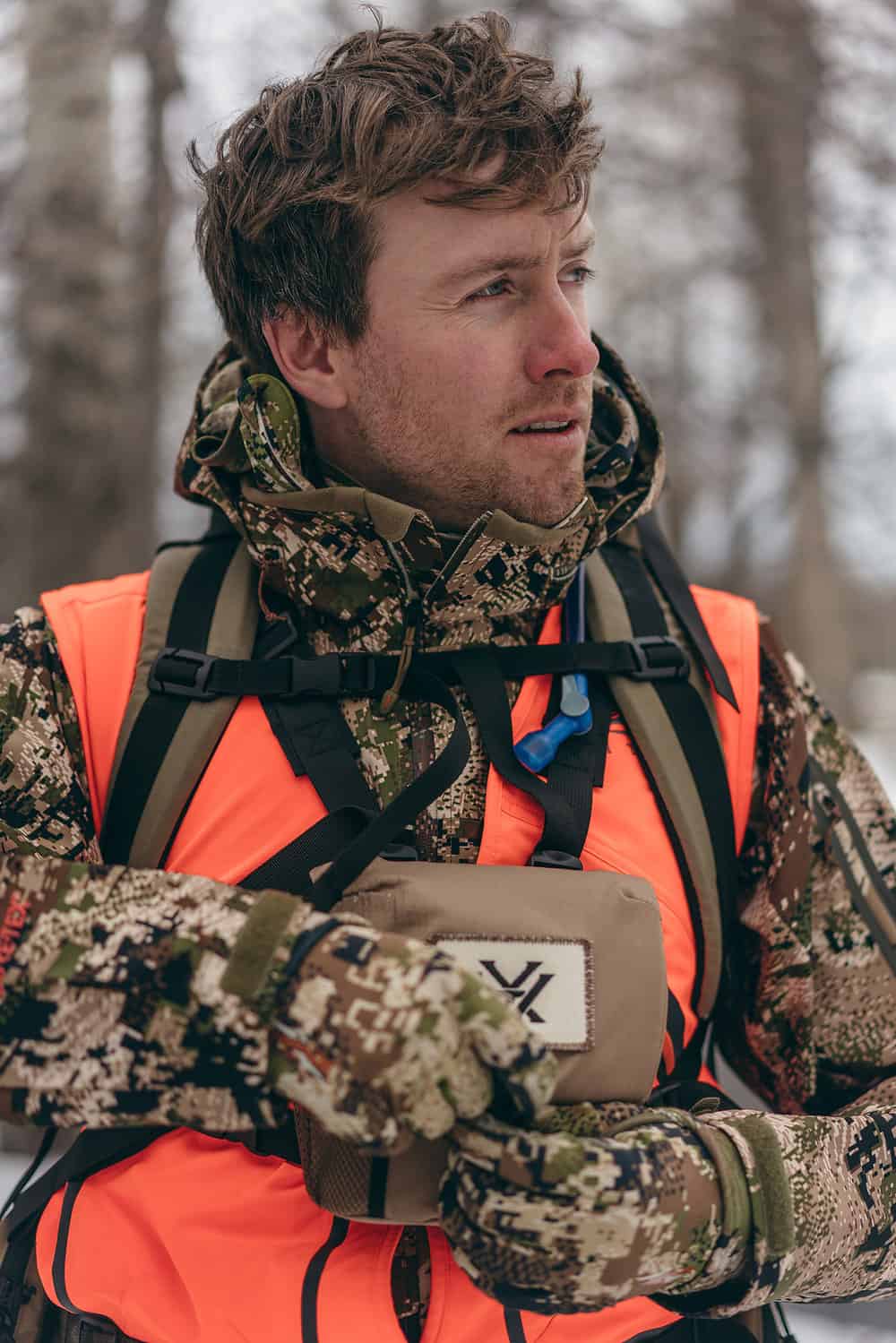
Nowadays, we’re so far removed from the food systems that support us on a daily basis when we go to the store and buy a steak, or a piece of chicken, or a salmon filet. Many have no perspective on where that’s coming from. It’s detrimental to our society in many ways. When you have perspective of how you’re tied in to the world as a consumer and as a living creature, it sheds light on where you stand in the world.
The feedback didn’t really change my mind on the hunting, and I will continue to hunt going forward. Though, it was my first experience putting myself out there and receiving a lot of negative feedback about something that I did. I guess it’s understandable that some people detest hunting and killing. But, to lay your opinions down on someone else, like people did on me, is something that I really don’t understand.
Charles: Do you think our society is increasingly disconnected from nature, and the natural cycles that shape our ecosystems?
Max: There’s definitely a disconnect when it comes to people’s understanding of their impact on the world around us. That’s what society is based on: the idea that if we distance ourselves enough from the natural systems that define our planet, then you can live without having the guilt and shame that comes from seeing the destruction caused by our place in modern society. It’s a tragedy of the commons at its most powerful example. We all go about our daily activities, whether it’s buying a cup of Starbucks in the morning that has plastic that’s going togo back into the ecosystem, or flying on an airplane that’s going to throw a whole bunch of CO2 back into the atmosphere, or buying cheap steaks from factory farming, instead of some local, organic beef.
We’re all just trying to survive, and so you can’t blame people for making those decisions. But that’s it. You can’t blame people for making decisions like going out and harvesting something for themselves either, because we’re all doing that, even if you can’t see it. Just because someone took it upon themselves to actually go out and take the initiative and face the fear of killing an animal so you can survive doesn’t mean that you’re not part of that same system. You’re just further removed from it
This story was originally featured in Modern Huntsman Volume Three: Wildlife Management
Related Stories


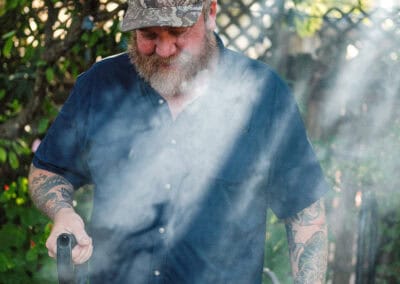
Latest Stories


